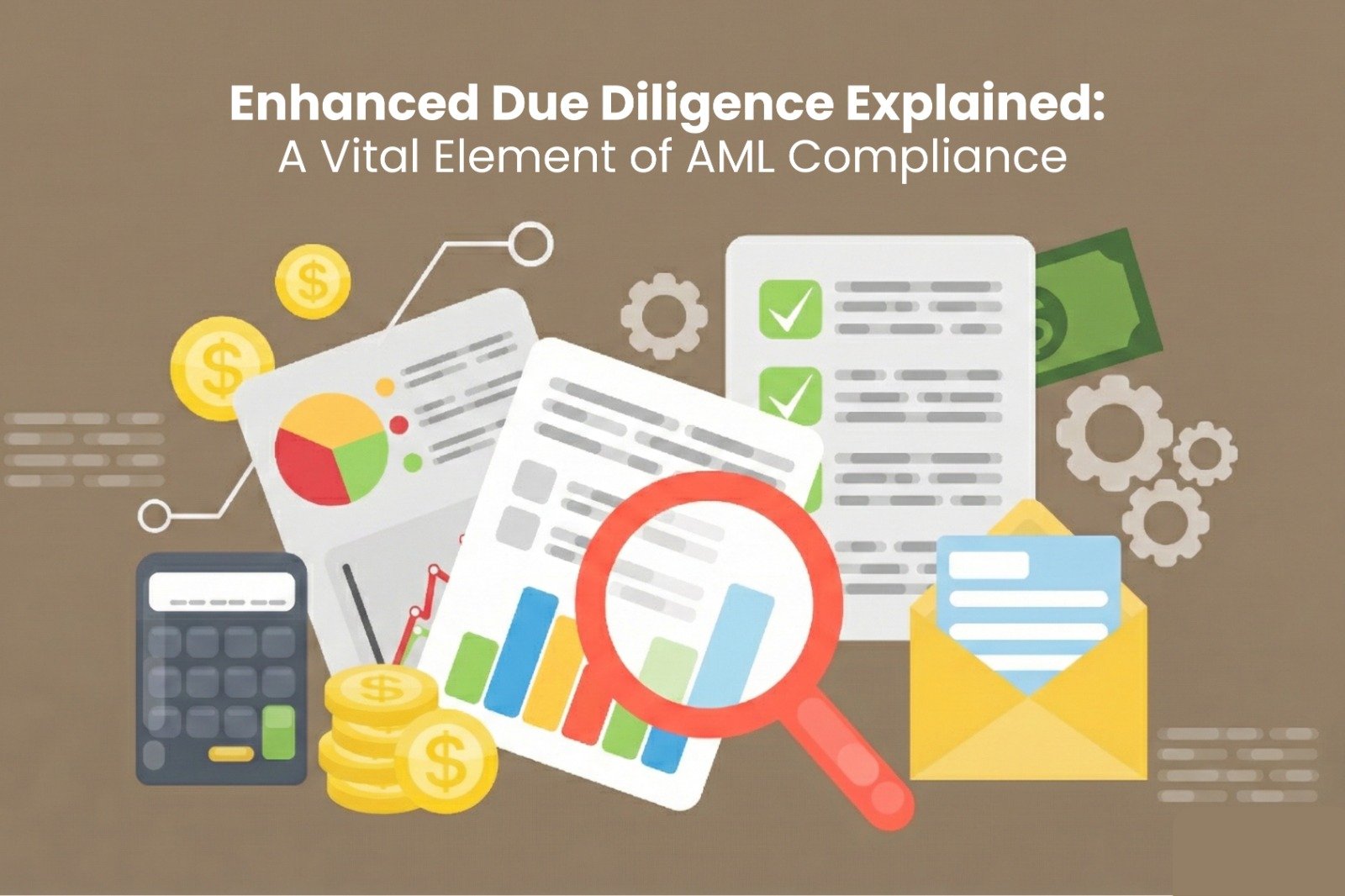With the UAE’s Corporate Tax regime now in effect, understanding and meeting your tax obligations is crucial for businesses of all sizes. The Corporate Tax filing deadlines in UAE are fast approaching for many, and failing to file on time could result in significant administrative penalties.
Whether you’re based in Abu Dhabi, Dubai, or elsewhere in the UAE, staying informed about your tax filing responsibilities is essential to avoid disruptions and ensure full compliance with the Federal Tax Authority (FTA).
Introduction to UAE Corporate Tax
The UAE introduced a federal Corporate Tax system effective from June 1, 2023, under Federal Decree-Law No. (47) of 2022. This landmark change aims to align the country’s taxation standards with international norms and promote transparency, while maintaining a competitive tax environment.
Key features:
- A 9% tax rate on net profits above AED 375,000.
- Businesses with profits below the threshold are taxed at 0%.
- Mandatory registration and return filing for all eligible entities.
Corporate Tax Filing Deadlines in UAE for 2025
The FTA has issued specific registration and filing timelines based on the license issuance date of each business. These schedules are designed to spread out the registration load and ensure orderly compliance across business entities.
General Filing Rules:
- Corporate tax returns must be filed within 9 months from the end of the relevant tax period.
- For businesses whose first tax period ends on 31 December 2024, the filing deadline is 30 September 2025.
- If your first tax period ends on 31 March 2025, the filing deadline is 31 December 2025.
For Abu Dhabi-Based Companies:
Those seeking corporate tax return filing in Abu Dhabi, Dubai or any emirates, whether its Free Zone or Mainland entities, must follow the same FTA timelines. However, it’s critical to check your economic license issuance month to identify your specific registration deadline.
Penalties for Late Filing
Missing your corporate tax return filing in UAE can result in:
- AED 10,000 administrative fine for late registration.
- Additional fines for delayed return submission or incorrect filings.
- Possible suspension of your business license.
These penalties can affect not just financials but your company’s credibility in the marketplace.
Also, please note that UAE Launches Penalty Waiver Initiative To Encourage Corporate Tax Registration Compliance. To get the benefit of waiver of fine amounting AED 10,000 charged for delayed registration, businesses must file their tax return within seven (7) months from the end of their first tax period, as defined under the Corporate Tax Law.
For addition details, please refer to the following blog:
Steps to Ensure On-Time Corporate Tax Filing
Timely corporate tax filing is not just about avoiding penalties—it’s a vital step toward maintaining legal compliance and financial transparency in the UAE. As the deadlines for filing approach in 2025, businesses must take proactive measures to stay organized and meet the Federal Tax Authority (FTA) requirements.
Below are essential steps to help ensure your corporate tax return is filed on time, accurately, and in line with UAE regulations.
- Check your license issuance date to know the deadline to register.
- Register early—don’t wait until the deadline.
- Maintain accurate financial records from the beginning of your tax period.
- Work with certified tax consultants who offer corporate tax return filing near me for convenience and accuracy.
Required Documentation for Filing
To file your tax return successfully, you’ll need:
- Audited financial statements
- Business license details
- Tax Registration Number (TRN)
- Accounting and profit computation reports
- Any adjustments or exemptions applicable
Importance of Professional Guidance
Navigating Corporate Tax in Abu Dhabi and across the UAE can be complex, especially for SMEs or newly registered entities. Choosing a trusted partner can help avoid common pitfalls like incorrect filing, missed deadlines, or misinterpreting eligibility for exemptions.
Conclusion
The Corporate Tax filing deadlines in UAE are structured to give businesses time to adapt—but this grace period won’t last forever. Avoid penalties, secure compliance, and stay ahead by acting now. Auditac International, with offices in Abu Dhabi and Dubai, offers expert support in corporate tax registration, return filing, documentation review, and advisory. Whether you’re filing for the first time or need strategic tax planning, Auditac helps ensure you meet every deadline with confidence.












